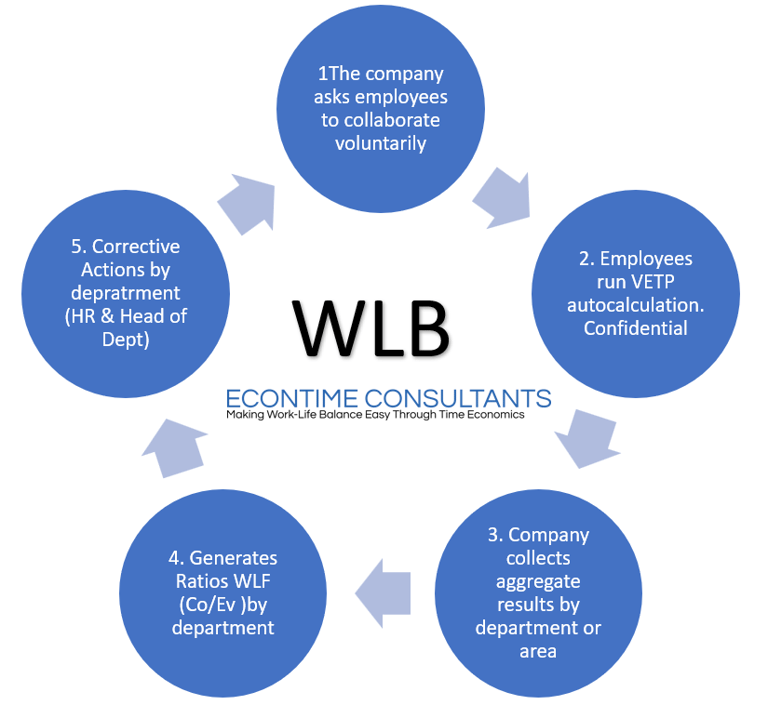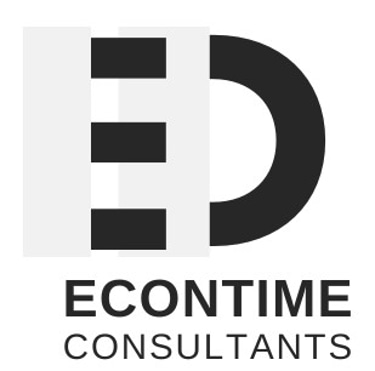How can companies genuinely claim they care about their employees’ lives if they only focus on what happens during working hours?
A business model oriented solely toward work time (OWT) suggests that companies approach hiring and management exclusively from their own operational needs. While this perspective gives employees a baseline understanding of their economic value in the labor market, it is incomplete.
Many employees—and organizations—have internalized the belief that a salary reflects the true economic value of an individual’s time. This is not accurate. A salary represents an opportunity cost, not the full economic value of a lifetime. The real value of an individual’s time depends on multiple factors: family responsibilities, financial situation, health, age, and personal priorities, among others.
Companies that embrace an Orientation to Life Time Value (OLTV) rather than focusing solely on working time send a powerful message: they acknowledge and respect how critical an employee’s time is beyond the office.
Why does this matter for companies and employees alike?
Because once both parties understand the true economic value of every hour outside work, employees gain clarity on the purpose of their work—their “why,” their raison d’être. At the same time, companies gain insight into what truly drives performance and satisfaction.
Quantifying this in a simple metric—such as a monetary value per hour—offers a practical way to assess the real cost of living and the value of personal time. This understanding empowers employees to better manage their work-life balance (WLB) and make informed decisions about their professional commitments.
For organizations, this approach becomes invaluable when planning remote work policies, business travel, overtime, promotions, or scheduling.
Consider this: if an employee realizes that, given their circumstances, their time is far more valuable than the hours they sell to the company, they will prioritize that time accordingly. This shift often improves emotional well-being, which in turn drives higher productivity and engagement. Conversely, if personal time is valued less than the hourly wage, working additional hours may feel fully justified. Either way, decisions become more transparent and intentional when tied to a tangible number—a clear, measurable cost.
At Econtime Consultants (https://econtime.eu) we help individuals and organizations align interests by recalibrating the professional offering to meet business needs—moving from a “what-happens-at-work” (WHW) culture to a “what-happens-in-life” (WHL) culture.
Our services
EMPLOYEE ECONOMIC VALUE OF TIME (EEVT)


Assessment and calculation of the EEVT. Learn the profile of your company in terms of EEVT, by gender, positions, or departments. Align company/employee interests and foster motivation


ECONOMIC VALUE OF THE PRODUCTIVE EMPLOYEE (EVPE)
A model of “Economic Value of the Productive Employee,” that is, how much monetary value a worker generates for the company while performing at their optimal level.
WLB AUDIT
An audit of WORK-LIFE BALANCE in your company.
The best proof that you care for your employees.


20+
15
Years of experience
Happy clients
